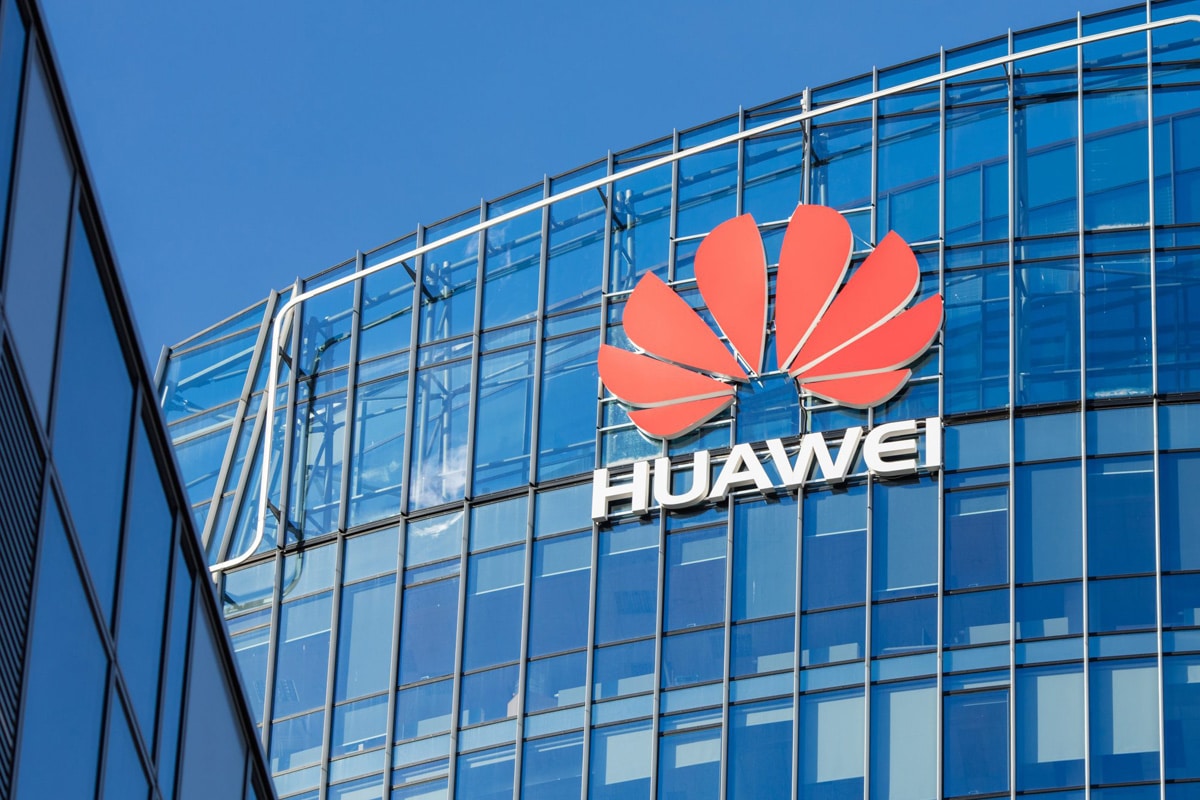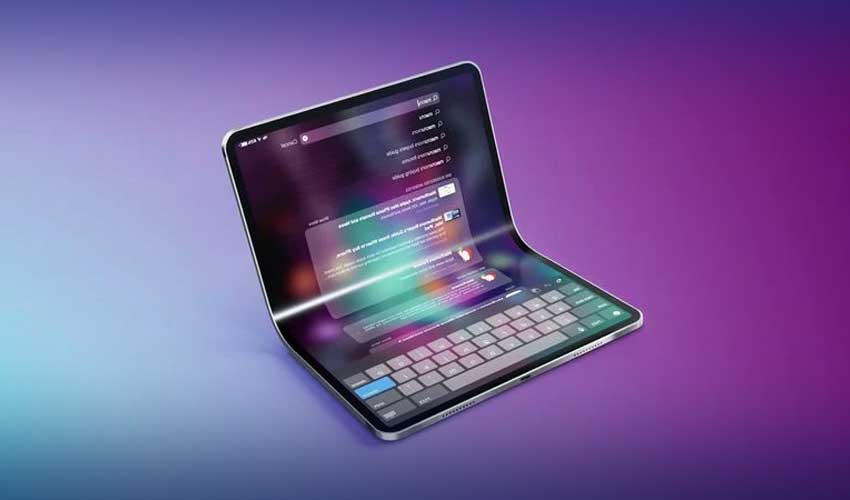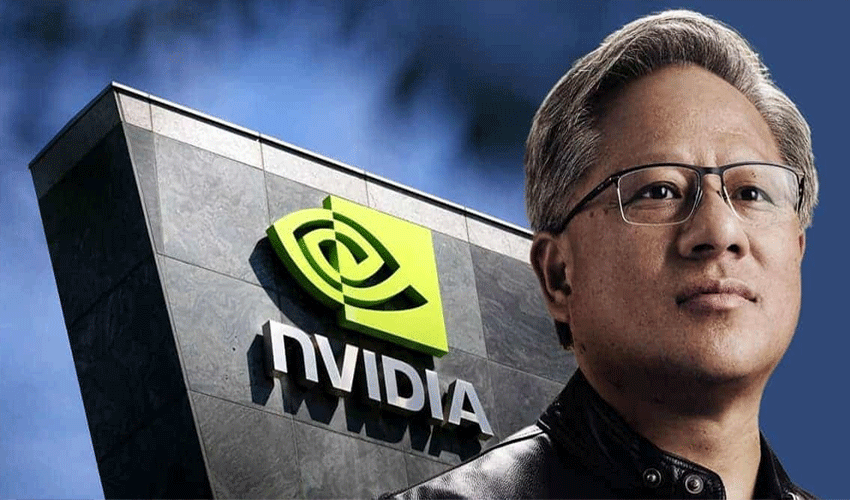In 2023, Huawei Technologies, a Chinese company, saw its strongest growth in four years as a result of a revival in its consumer market and revenue from new ventures like smart vehicle components that accelerated its recovery from U.S. sanctions, according to Reuters.
Revenue reached 704.2 billion yuan ($97.48 billion) in revenue, up 9.63% from the previous year. The consumer industry contributed to the majority of this growth, expanding 17.3% to 251.49 billion yuan.
Although Huawei did not provide a breakdown of the number of customers, the section does include its handset business, which saw a boom last year when it introduced the Mate 60, apparently bypassing limitations imposed by the United States, back into the mainstream 5G smartphone market.
In 2019, the United States imposed restrictions on Huawei's access to American technology, citing Huawei's denials of security risks.
The corporation had grown for three years in a row last year, following an almost three-fold decline in sales in 2021 as it began to deplete its chip reserves. Despite this, revenue is still below its record of 891.3 billion yuan in 2020.
Huawei announced its accomplishment in a somewhat quiet way, cancelling the annual press conference and launch party that it had been holding at least since the start of the US restrictions. Chairman Ken Hu, who rotates, said in a news statement that the outcomes were expected.
"We've been through a lot over the past few years. But through one challenge after another, we've managed to grow."
Meng Wangzhou, the daughter of Huawei's founder and the company's CFO, said that the company was no longer in crisis mode during a launch event last year.
The net profit margin increased to 12.35% in 2023, more than double the previous year, while net profit increased by 144.5% to 87 billion yuan.
According to a company spokesperson, a portion of revenue came from continuing payments from the November 2020 sale of Huawei's Honor smartphone brand.
The company's cloud business expanded by more than a fifth, bringing in 55.3 billion yuan in sales, while its core ICT infrastructure business remained stable.
The four-year-old smart car software and components division of Huawei enjoyed significant development as well, although from a smaller comparative foundation; it increased by 128.1% annually to 4.7 billion yuan.
Huawei declared last year that it would split off its smart car division into a new company.
Richard Yu, the chairman and managing director of Huawei's smart automotive solutions, stated earlier this month that the company will probably start making money in April following a year in which it lost billions of yuan, according to local media.



























